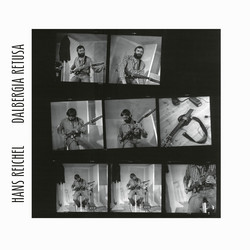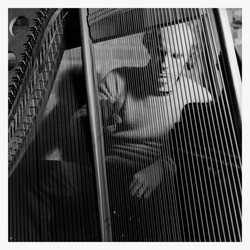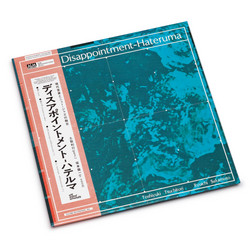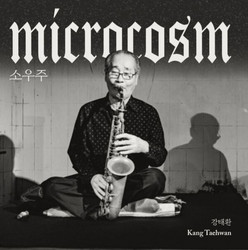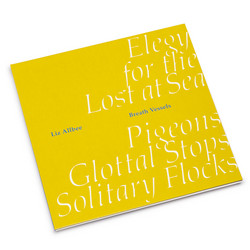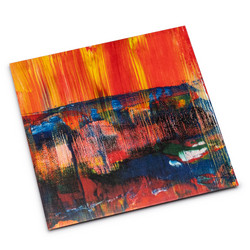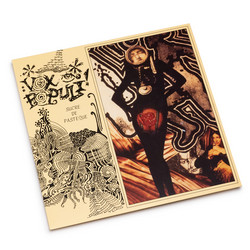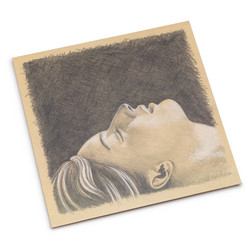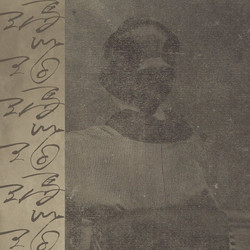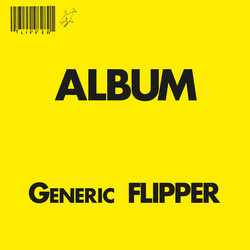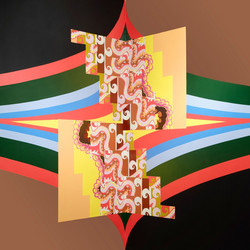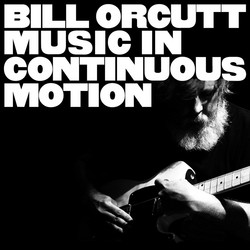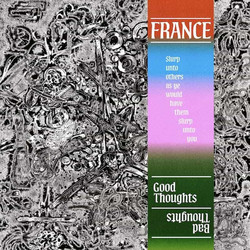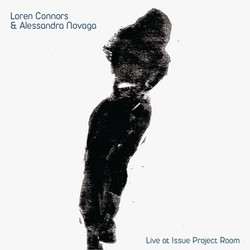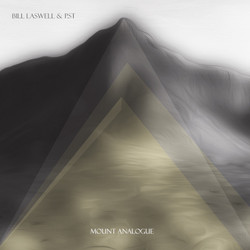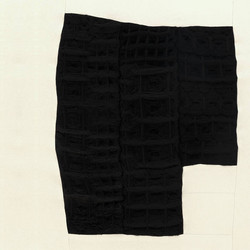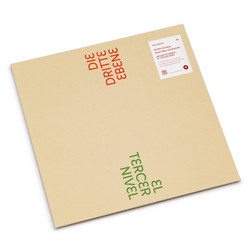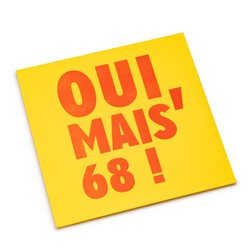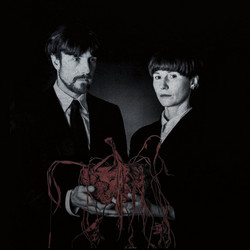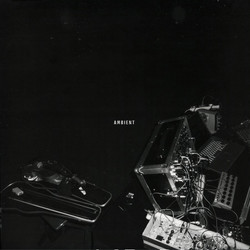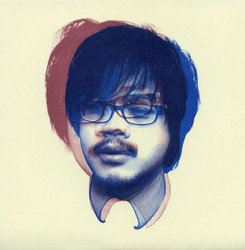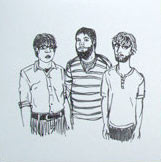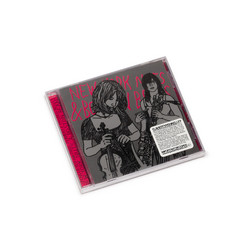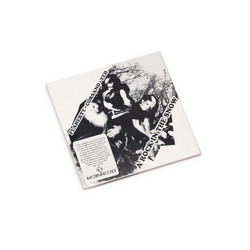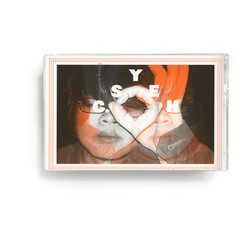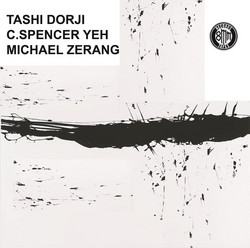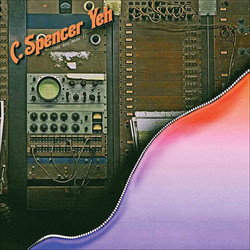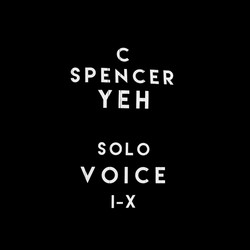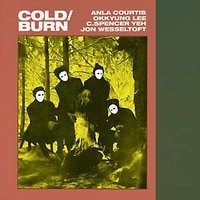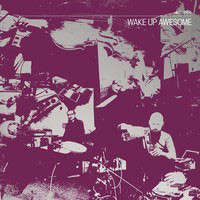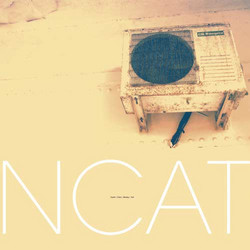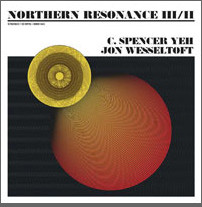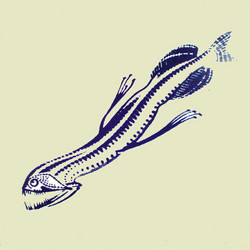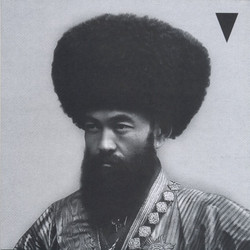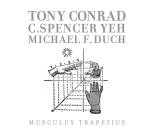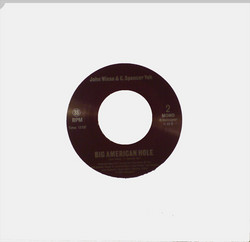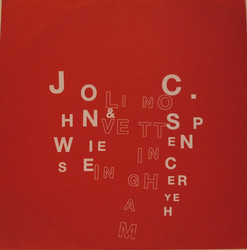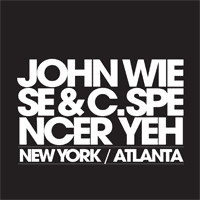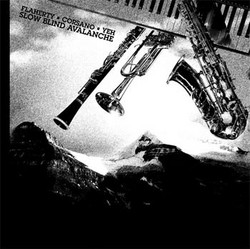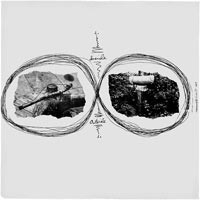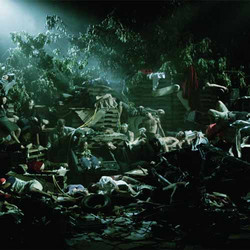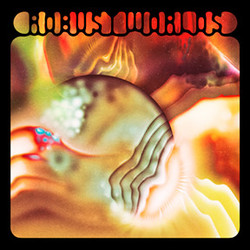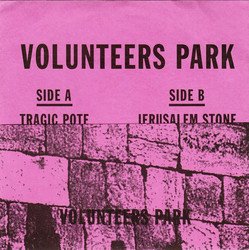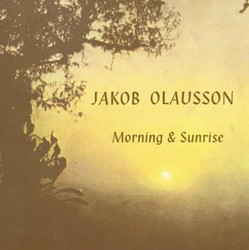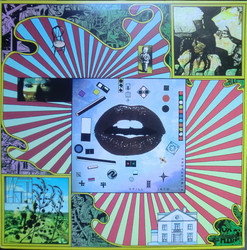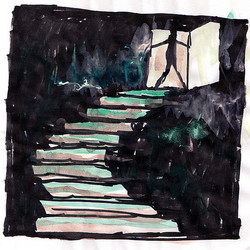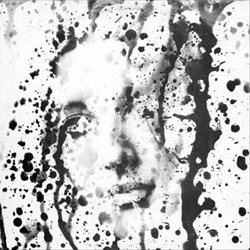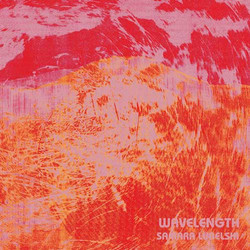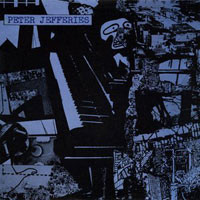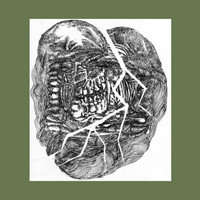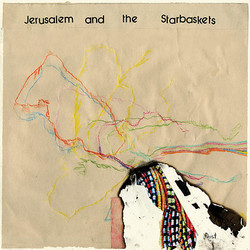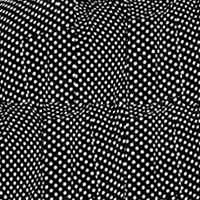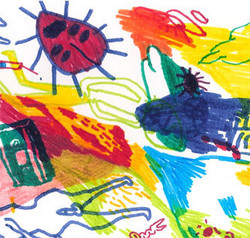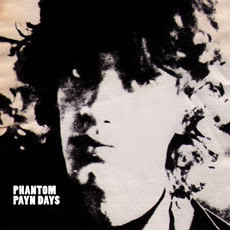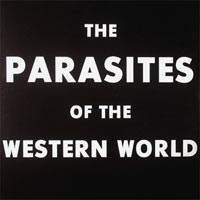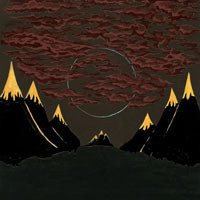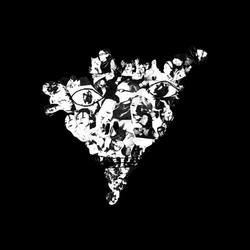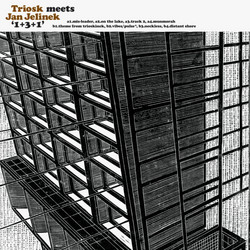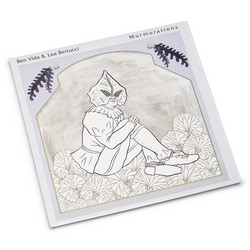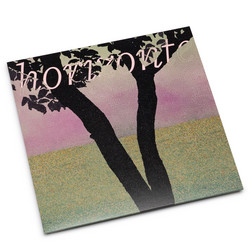Having rattled the hinges with last year’s “In the Blink of an Eye†7-inch, C S Yeh (C. Spencer Yeh) flings open the door and steps inside with Transitions, his first full-length album of songs after years of establishing himself as one of Earth’s top humans in experimental music and unbound improvisation, both alone and in collaboration, on record and onstage.
The effect Transitions has on you may or may not depend on your familiarity with Yeh’s past work; regardless, his path in music has always been about and rather than or. And the addition to his catalog of work that Transitions represents is nothing short of startling: songs that flit between sculpted guitar riffs and measured, just-shy-of-lush synth-pop; wry lyrics delivered in guileless tones; the remarkable fact that Yeh made every sound on the record. All the same, his most ardent fans will have little trouble understanding the move and recognizing this distinct voice. Its plainspoken confidence and intrepid spirit are as present as when he’s carving drones or emitting speckled and serrated noise; Transitions is simply a different form of Yeh’s unmediated expression. As you’d guess, for a career outside guy really coming inside for the first time, Transitions involved quite a bit more behind the scenes strategizing than it would for some indie band on its third album. Think of how English can sound so jarringly beautiful on the tongue of non-native speakers: Everything fits even when, maybe especially because things might seem ever so slightly off. Thus we have a new language of melodies, ones of a spirit with say, Slapp Happy, but which wouldn’t sound out of place on a Magnetic Fields record. Ultimately, the pop heart on display is characterized by the artful mind behind it — and besides, when we say pop are we talking popular, or populist? Perhaps the space we’re trying to sketch here could be found between the artists covered on Transitions: Father Yod and the Spirit of ’76, and Stevie Nicks. Perhaps citing the varied examples of Jim O’Rourke, Dave Gahan and the aforementioned Peter Blegvad in artful songcraft could be useful (whether or not they were inspirations). Perhaps we’re not talking about a space at all, but instead a particular sort of freedom in a music landscape defined by cages and enclosures. Questions, questions — what do we know, we’re only observers. All that’s really clear is that C. Spencer Yeh is transitioning into, not away from.
